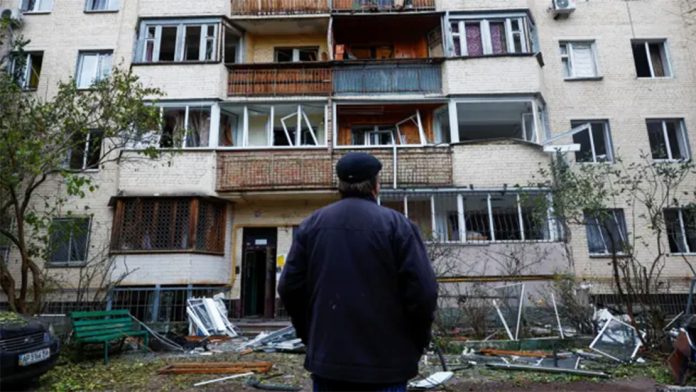European leaders aim to endorse controversial plans to use Russian frozen assets to support Ukraine at a meeting in Brussels on Thursday.
The unprecedented proposal for what the EU has dubbed a “reparations loan” – would see Kyiv receive €140bn (£121bn) worth of frozen Russian state assets currently held by Euroclear, a Belgium-based financial institution.
The plan has been months in the making, partly due to the legal complexities surrounding it, as well as concerns from member states about upsetting global financial stability.
Belgium in particular has been reluctant to back using the frozen assets, as it is nervous about having to shoulder any potential consequences should Russia legally challenge Euroclear.
Russia has reacted angrily to any suggestions that the EU could use its money.
“Any confiscatory initiatives from Brussels will inevitably result in a painful response,” Russian Foreign Ministry spokeswoman Maria Zakharova said.
For the EU, the problem of how to continue to support Kyiv’s struggle against Russian aggression has become more urgent since US support for Ukraine has dwindled.
As of July, EU member states have provided about €177.5bn (£154bn) in financial support for Ukraine. But in the absence of any progress towards a ceasefire deal, Ukraine will need more money as Russia’s full-scale war approaches its fifth year.
The price tag of Ukraine’s reconstruction and recovery is also estimated by the UN and World Bank to be well above $486bn (£365bn; €420bn).
About €210bn (£182bn) in Russian investments was frozen by the EU when Moscow launched its full-scale invasion in February 2022.
The biggest share – some €185bn – is sitting in Euroclear, a clearing house for financial transactions in Brussels which operates under EU jurisdiction.
Credit: bbc.com










